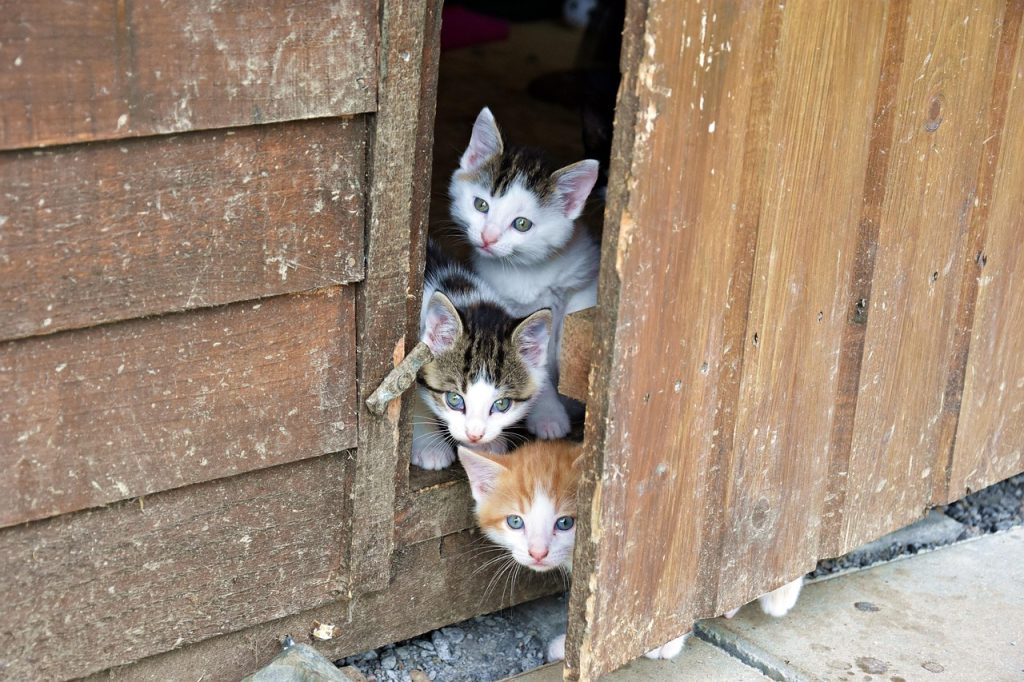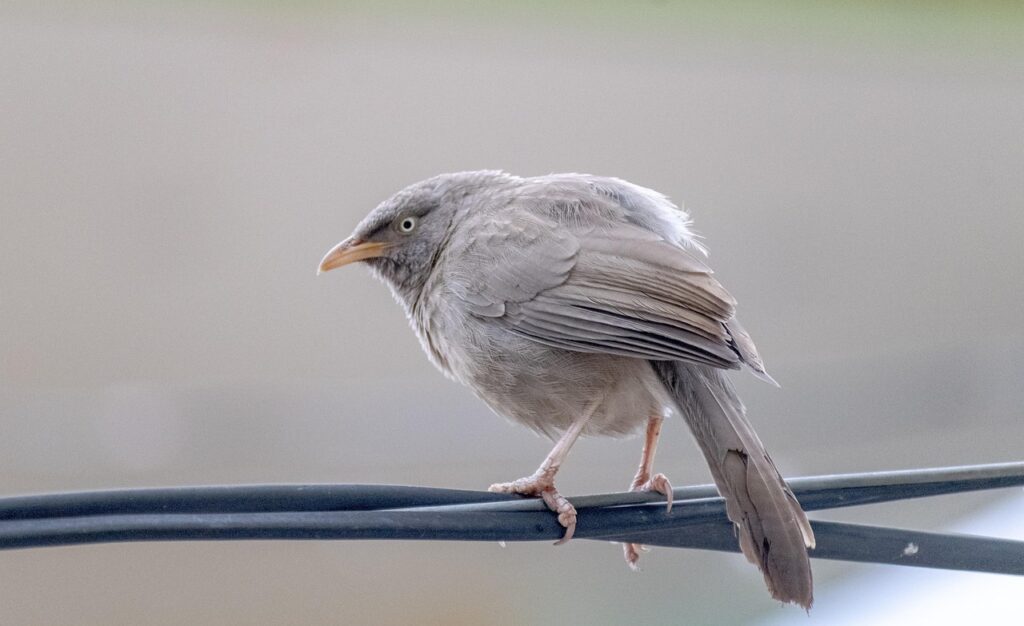
Hi everyone, quick announcement: If you’re free this Friday, September 12th, at 11am Pacific Time, please join me and Edgar Villanueva for an Instagram Live conversation. We’ll be talking about my new book and what our sector needs to do to fight fascism. Just get onto Instagram at that time and go to Edgar’s IG page @villanuevaedgar or my page @nonprofitaf.
I just attended a wonderful retreat put on by Solidaire Network, a network of progressive funders, donors, and movement leaders. The attendees were all very attractive, but that could be because they were all talking about fighting fascism and saving democracy, and nothing revs my engine more than those things, if you know what I mean (wink). Everyone was clear-eyed about the serious threats facing our world, but there were also many moments of authentic joy, humor, healing, and community. I felt so at home that I didn’t even engage in my usual coping strategy of stealing as many snacks and office supplies as possible.
Thank you Solidaire for inviting me, and for letting me debut my nonprofit-themed stand-up comedy set. I had a great time and left with much to be grateful for. And also much to think about.
During a particularly compelling session at the retreat, leaders who are on the ground sounded the alarm about the short timeline we all have to block and reverse the US’s rapid descent into fascism. Basically, we have less than a year. Even as you read this, right-wing forces are solidifying their grasps on every aspect of society. Federal troops occupy DC, and Trump threatens to send soldiers to Chicago, with other progressive-leaning bases to follow. ICE continues to disappear people. Multiple g3nocides are still taking place. The State continues punishing the press for reporting on the horrific things it’s doing. The Supreme Court just ruled that racial profiling is OK. And of course, our sector continues to be weakened so we are in survival mode and can’t fully fight back. This is still just the beginning.
Continue reading →




